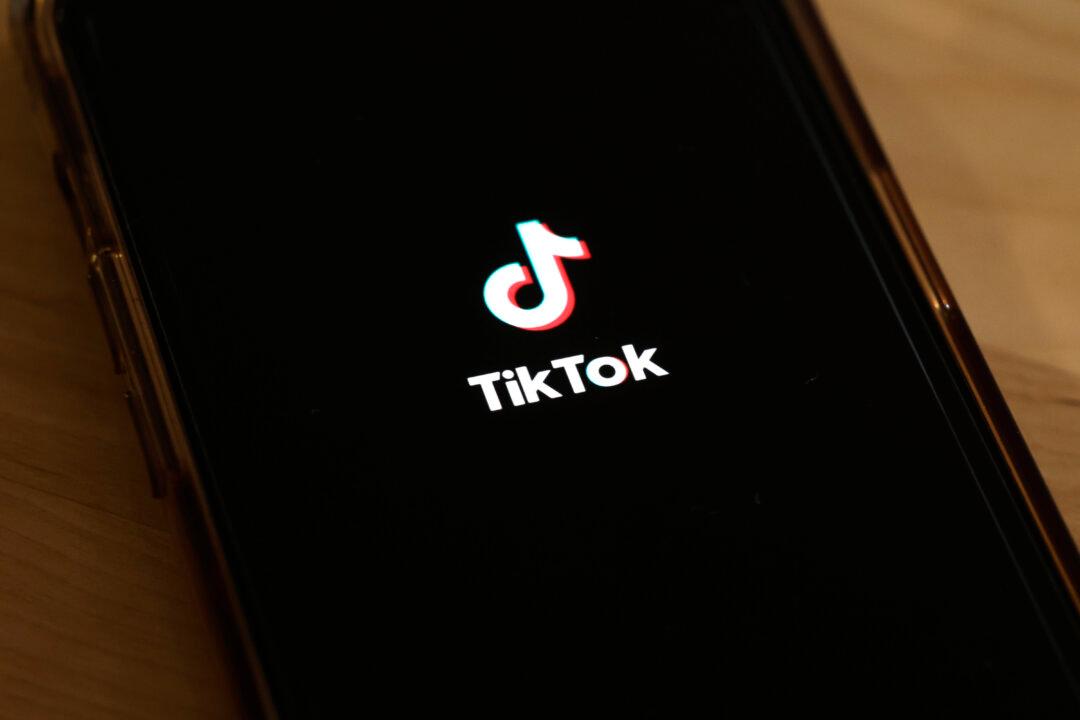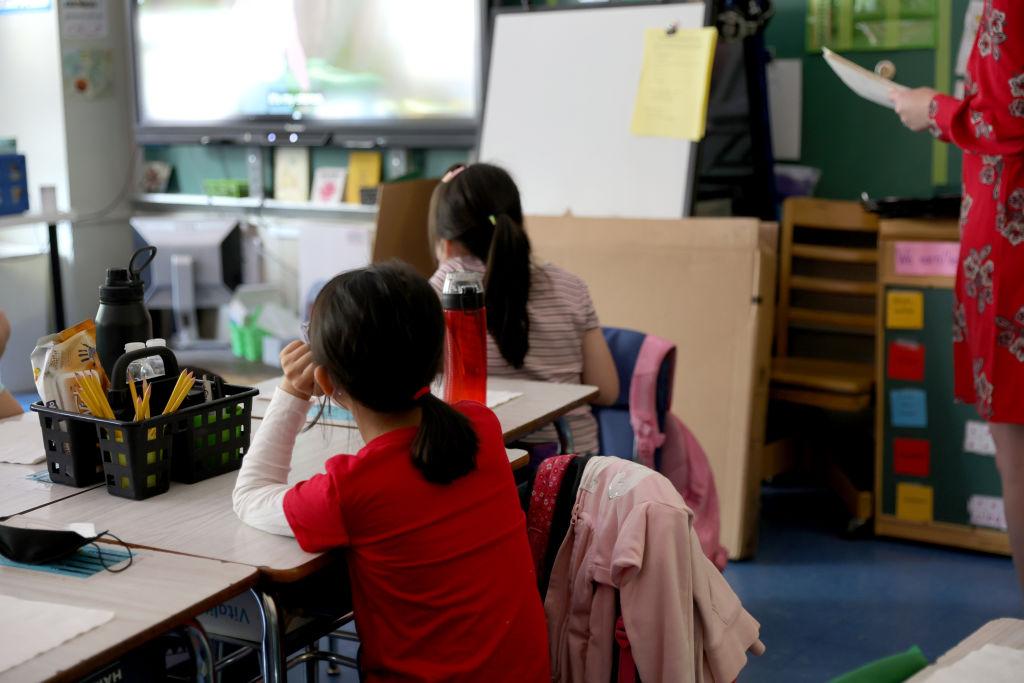Commentary
If you were an adversary of the United States intent on capturing the hearts, minds, and attention of its people, a strategy may be to come at the task from all different angles, right?And if you were ByteDance, the Chinese owners of TikTok, a great time to focus on growing ancillary businesses (similarly targeted to Generation Z youth) would be at the very moment that you risk having to divest your largest holding. So if it’s all so obvious, why is ByteDance’s “AI Homework Helper” app, Gauth, operating so easily under the radar?





